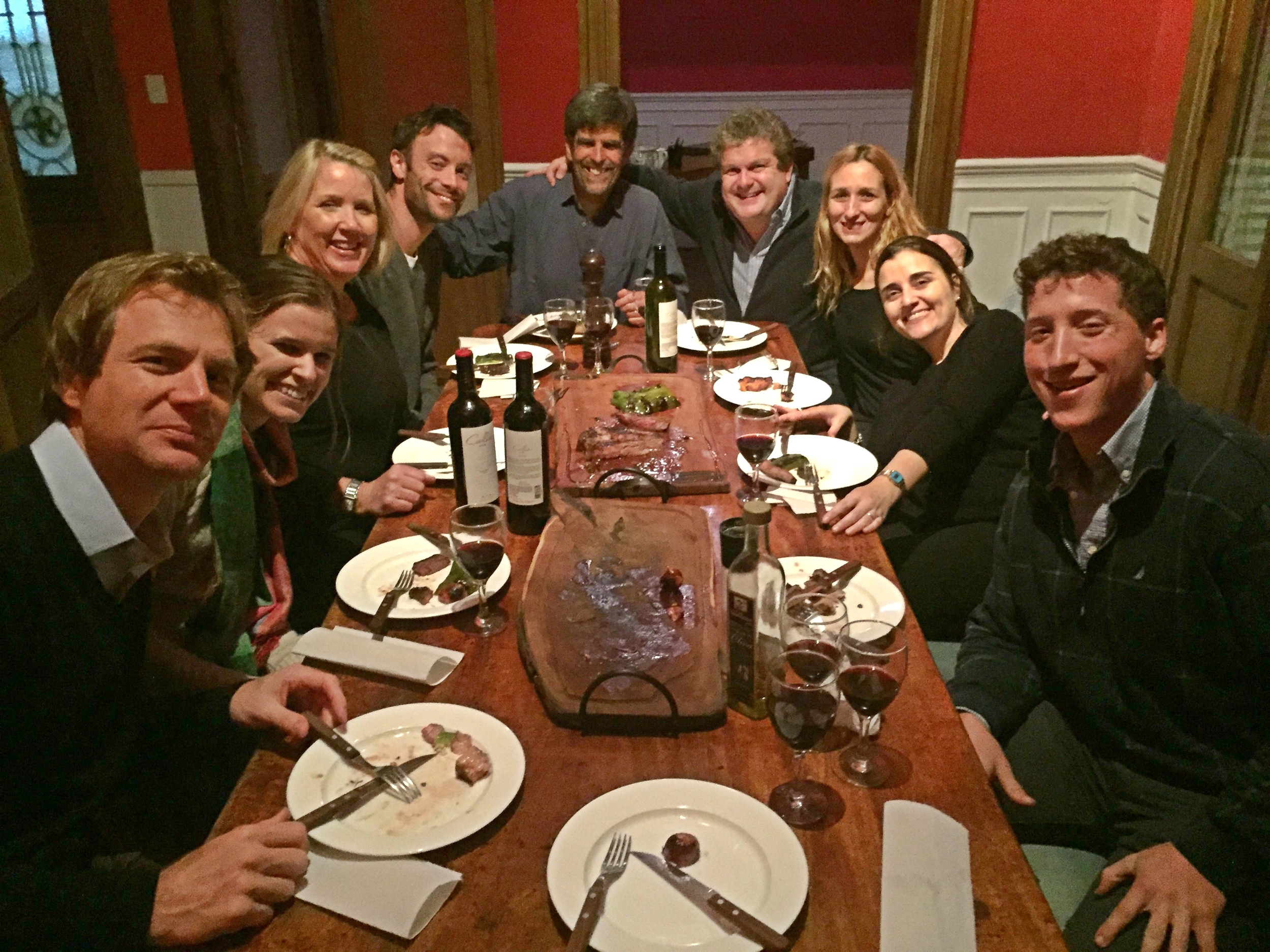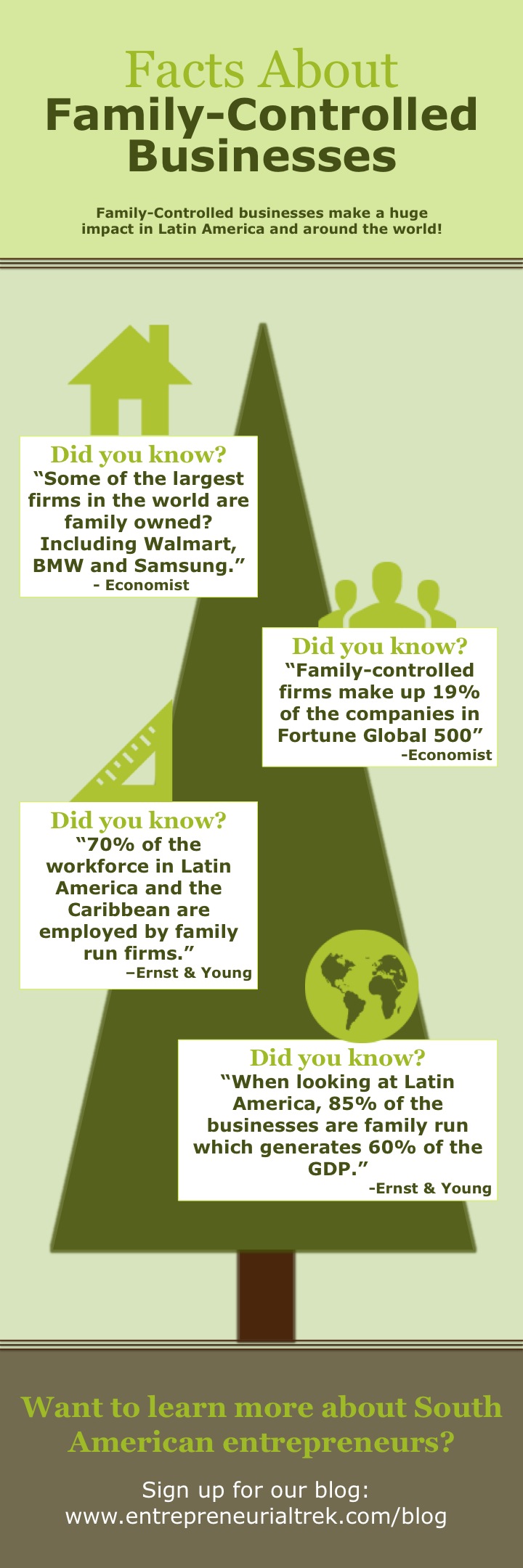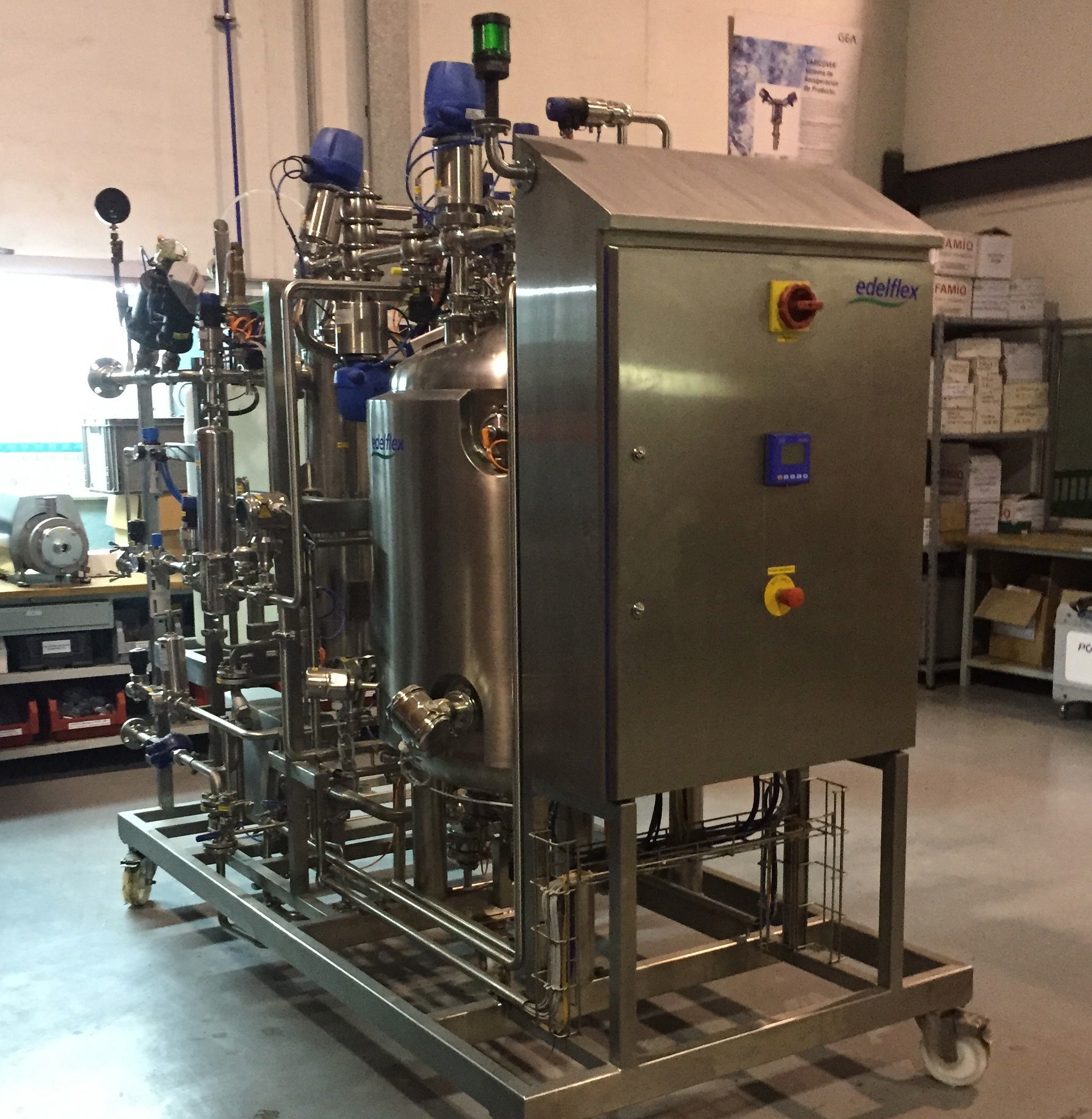Once a year, Inicia, an Argentine entrepreneurial community, awards a prize to the entrepreneur with the business that has the greatest potential impact on society. The prize? An all expense paid trip to Europe, The States or any country of the winner’s choosing, to meet potential clients/alliances, build ideas and speak with advisors on the business. Last year’s winner was Totebag - a manufacturer of totebags with an environmental sustainability vision. Totebag entrepreneurs and sisters, Lorena and Natalia Nunez traveled to Paris where they had the opportunity to meet with and learn from top executives in the Paris fashion industry.
Inicia started twelve years ago during an Argentine Economic Crisis. “When the economy crashed,” says Patricio Sworn a board member of Inicia, “Argentines were laid off and turned to entrepreneurship as a way to create livelihoods. Inicia became a gathering of executives to help these forced entrepreneurs navigate the business environment.”
One of the things that separates Inicia from other organizations is that they push entrepreneurs to think in terms of social and environmental responsibility. “We love sustainable enterprises that contribute to economic, social, civic and environmental value for the community.” To further promote that value, they offer their entrepreneurs courses on sustainability and other important values and entrepreneurial skillsets. “Each course, little by little modifies the mentality of the entrepreneurs in Argentina,” says Patrico.
Inicia’s plan for the future? To be 100% run by entrepreneurs. “For entrepreneurs, by entrepreneurs,” exclaimed Patricio. It will be exciting to see the impact inicia has on Argentina’s entrepreneurial community.
The graph below was created by Patricio's consulting company. The graph depicts the frequency which the term "business plan" was searched on Google in five South American countries.




























